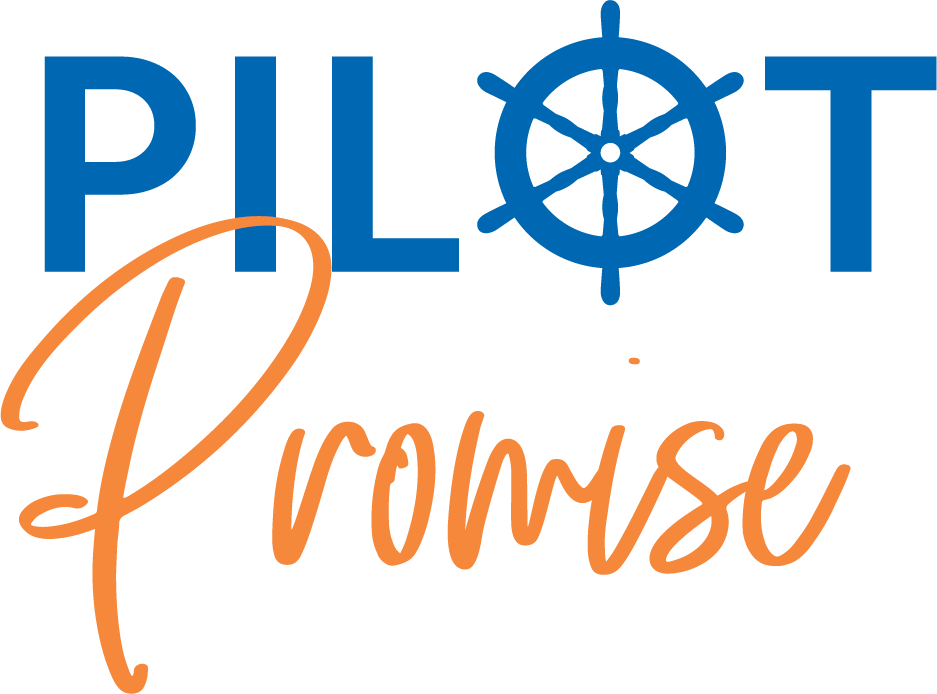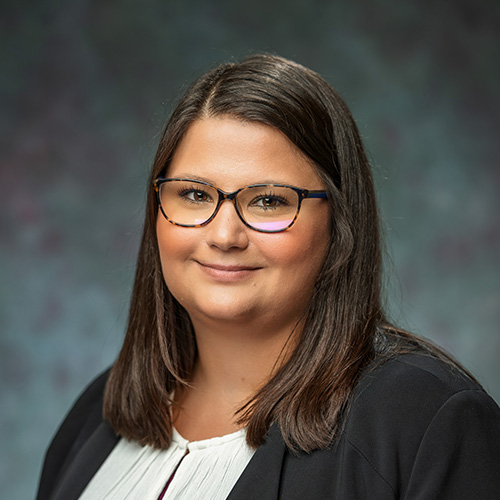Financial Aid & Costs
An Affordable Christian Education Starts at Bethel University
We believe in providing an exceptional, faith-based education that is both accessible and affordable. With a variety of scholarships and financial aid options, we ensure that every student has the opportunity to make their dreams a reality.

100%
of students receive some form of financial assistance
$15M+
awarded annually in institutional aid
25%
less student loan debt compared to the national average
#1
Ranked No. 1 in Indiana on the College Affordability Guide, 2022

Bethel University’s Pilot Promise now offers FREE tuition for eligible low-income Indiana students.
As an academic community that seeks to serve Christ in all we do, we are committed to increasing college access in Indiana. Through the Pilot Promise, we are helping make Christ-centered higher education accessible to many more students in the years to come.

Making College Affordable With Financial Aid
Financial aid, grants, outside scholarships, academic and athletic scholarships, loans – it can be overwhelming and confusing. Take the first step by applying for the FAFSA by April 15 to receive the maximum aid.
Bethel University Academic Scholarships 2026-2027
This is awarded based on prior academic performance (GPA) in high school and ACT/SAT scores. Transfer student scholarships are determined by prior academic performance at an accredited college or university. A student may not receive more than one academic award each year. A minimum cumulative 2.0 GPA is required to maintain the scholarship. Academic scholarships are awarded for four years or eight consecutive terms, not including summer.
| First-Time Freshmen (2026-2027) | ||
|---|---|---|
| Scholarship Name | Amount | High School GPA |
| Presidential Scholarship | $18,000 | 3.99 and above |
| Trustee Scholarship | $16,000 | 3.5-3.98 |
| Honors Scholarship | $14,000 | 3.0-3.49 |
| Bethel Helm Scholarship | $12,000 | 2.75-2.99 |
| Bethel Merit Scholarship | $10,000 | Less than 2.75 |
| Transfers (2026-2027) | ||
|---|---|---|
| Scholarship Name | Amount | College GPA |
| Trustee Scholarship | $16,000 | 3.5 and above |
| Honors Scholarship | $14,000 | 3.0-3.49 |
| Bethel Helm Scholarship | $12,000 | 2.5-2.99 |
| Bethel Merit Scholarship | $10,000 | Less than 2.5 |
The Bethel Advantage
Bethel’s Christian liberal arts curriculum will prepare you for more than just a career. Become equipped with a degree that enables you to meet challenges as you engage in the workforce. You’ll be ready to lead in the Church and the world. By investing in your education, you are committing your time and resources with the expectation that the outcome is worth the cost.
Bethel students have the advantage of being in a great area: Michiana has a lot to do, including shopping, restaurants, fun experiences and access to quality internship opportunities.
93%
Bethel Costs
Frequently Asked Questions
How and when do I apply for financial aid?
- Visit StudentAid.gov.
- You can complete your FAFSA for the upcoming year as early as Oct. 1. The filing deadline to be considered for Indiana state grants is April 15. We recommend that you file as soon after Oct. 1 as possible, as some scholarship and grant funds can be exhausted.
What types of financial aid are offered at Bethel?
- Federal Aid – financial aid from the federal government is available to help you pay for education expenses. Grants (Pell, TEACH, SEOG), loans (subsidized, unsubsidized, PLUS) and work-study are types of federal student aid; you must complete the FAFSA to apply for this aid. More information regarding federal aid can be found on their site.
- State Aid – Indiana residents may be eligible for grants from the state of Indiana to be applied to their direct tuition costs. These grants are need-based and the FAFSA must be completed by April 15 to be considered for any applicable state grants. Read more information regarding Indiana state financial aid.
- Institutional Awards – Bethel University awards many types of institutional scholarships and grants to full-time undergraduate students. Awards may be based on merit or need and may be restricted to tuition costs only. Financial aid awards and policies are subject to change. Review an expanded list of institutional awards and financial aid policies.
- Students can apply for an alternative loan to cover remaining educational expenses, but most will need a credit-worthy cosigner. Learn more about your alternative loan options.
What do I need to do to apply for a loan?
- For federal direct loans (subsidized and unsubsidized), students must complete entrance counseling and sign a Master Promissory Note (MPN). This must be completed before loan funds are first disbursed for a student and will remain valid for 10 years following. Both requirements can be completed on this site, which includes step-by-step instructions.
- For federal PLUS loans, parents must complete the PLUS Request and sign a Master Promissory Note (MPN). The PLUS MPN only needs to be completed once in most cases, but the PLUS Request must be completed annually. Both requirements can be completed on this site, which includes step-by-step instructions.
- Students can apply for an alternative loan to cover remaining educational expenses, but most will need a credit-worthy cosigner. Learn more about your alternative loan options.
When will my financial aid show on my bill?
All federal, state and institutional grants and scholarships will be posted to your student account at the start of each semester once all requirements have been met. Some grants or scholarships may have minimum enrollment or housing requirements; endowed scholarships often require a thank-you note from the recipient to be sent to the donor. Some federal programs require additional steps to be completed prior to funds being released, such as the direct loan and TEACH grant.
Meet the Financial Aid Team
You may have more questions related to scholarships or aid, and our Financial Aid team is here to answer them.




